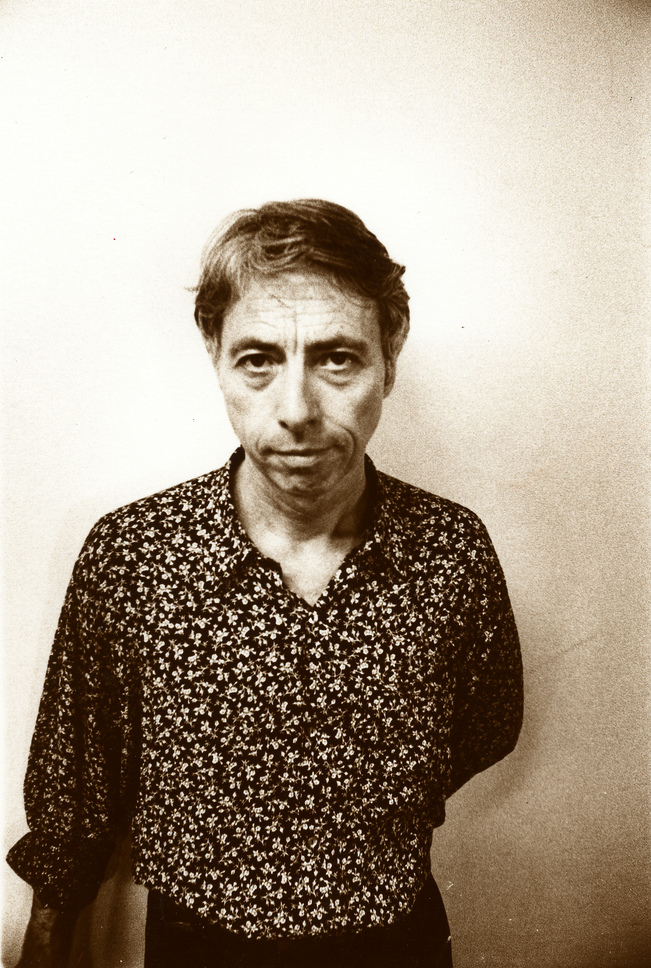SAD NEWS this evening as reports began to circulate across social media that the poet, avant-garde composer and pianist Harold Budd, a progenitor of the modern ambient piano style, has died at the age of 84.
Budd was born in May 1936 in Los Angeles, but was raised in Victorville, in the Mojave desert. He developed a style of playing the piano which he termed “soft pedal” and which had a particular, aquatic, glissando quality which would become his trademark.
His first musical experiences came out from the regimental band he was drummer in while serving in the US Army; another member of that selfsame band was avant-garde jazz saxophone legend Albert Ayler, and the two soon began to gig around Monterey, California.
Come 1966 and Harold had graduated with a degree in composition from the University of Southern California and moved right out to the farthest reaches of experimental composition with pieces such as “Lirio”, a solo gong composition specified as being of “long duration”; he said in a 2016 interview with Musica Kaleidoskopea that at that point in his musical journey he had composed himself out of a career. He retired from composition in 1970, but re-emerged into that scene two years later while teaching at the California Institute of the Arts.
By 1976 he was recording his new works with Brian Eno; an album, The Pavilion Of Dreams, named for an ongoing cycle of works, arrived in 1978. Two years later he would receive co-billing with Eno on Ambient 2: The Plateaux Of Mirror. He had arrived, and he had arrived as a big name in the ambient scene – a scene he claimed never to really to have been part of, but which he had been co-opted into.
The 1984 three-way collaborative album with Eno and Daniel Lanois, The Pearl, cemented his place in the pantheon.
The work for which he is perhaps best known on the UK indie scene is the 1986 collaborative album he made with the Cocteau Twins, The Moon And The Melodies, released in 1986 as by Harold Budd Elizabeth Fraser Robin Guthrie Simon Raymonde. We’ve embedded that album’s “Why Do You Love Me?” below. It’s genius. The album would lead to a series of two-handers with Robin Guthrie after the Cocteau Twins split.
With Guthrie, he co-composed the music to Gregg Araki’s ‘shoegaze film’ Mysterious Skin, a critical hit in 2005.
His final album was another of this series of works with Robin Guthrie, Another Flower, which came out on Darla just last Friday.
His reach across the music world is illustrated by the sadness and tributes on Twitter, ranging from Canadian drone-techno artist Loscil to Anton Newcombe, of The Brian Jonestown Massacre; from shoegaze imprint Sonic Cathedral to Robin Rimbaud, aka Scanner; from William Basinski, and Hannah Peel, to Ninja breaks generals DJ Food.
Ryley Walker, always a man with a raw, self-deprecating anecdote, took to Twitter to say: “I ate a sandwich next to Harold Budd in catering at a festival, and with a mouthful of turkey said ‘I love falling asleep to your records. Its so nice’ and he replied ‘You look like you haven’t slept in weeks’.”
A statement published on the Cocteau Twins’ Facebook page read: “It is with great sadness that we learned of the passing of Harold Budd. Rest in peace, poet of the piano.”
Former Cocteaus’ guitarist Robin Guthrie also took to Facebook to say: “A lot to digest. Shared a lot with Harold since we were young … feeling empty, shattered, lost and unprepared for this.
“His last words to me were ‘adios amigo’ … they always were.”
Harold; we salute you and remember you. Dream deep.














No Comment